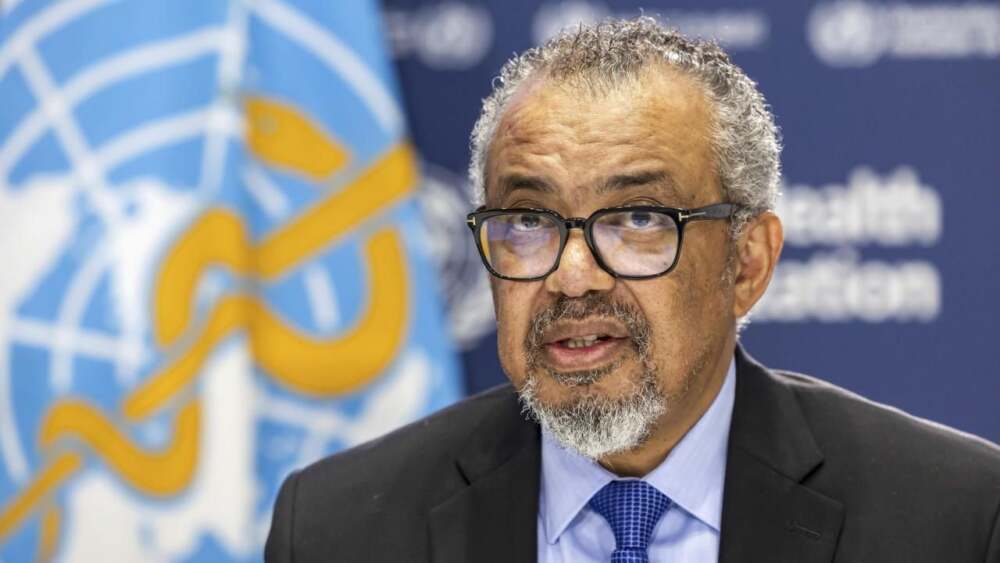The World Health Organization (WHO) has announced that mpox is no longer considered a global public health emergency, following a sharp decline in cases across several African nations. The decision comes just over a year after the emergency was first declared in response to the rapid spread of a more dangerous strain of the virus.
Why the Emergency Was Lifted
The WHO’s Emergency Committee, which meets every three months to review outbreaks, recommended that the international alert level be downgraded. Director-General Tedros Adhanom Ghebreyesus accepted the recommendation, noting that countries such as the Democratic Republic of Congo, Burundi, Sierra Leone, and Uganda have seen a consistent drop in cases due to stronger surveillance and coordinated response strategies.
Vulnerable Groups Still at Risk
Despite this progress, health officials cautioned that mpox has not disappeared. Children, pregnant individuals, and people with weakened immune systems—particularly those living with HIV—remain at high risk of severe illness. Sporadic cases continue to be reported outside Africa, underscoring the importance of ongoing vigilance.
The Global Outlook
Experts warn that removing the emergency status should not lead to complacency. Investments in healthcare infrastructure, vaccination campaigns, and monitoring systems are still critical to preventing future flare-ups. They emphasized that while mpox may no longer be a crisis requiring the world’s highest level of alert, it remains a persistent public health challenge.
A Turning Point
The downgrade marks a significant step forward in controlling the virus, but it also shifts responsibility to long-term management. Public health authorities stress that continued support is essential—without it, the progress achieved over the past year could be undone, leaving vulnerable communities exposed.















Leave a Reply